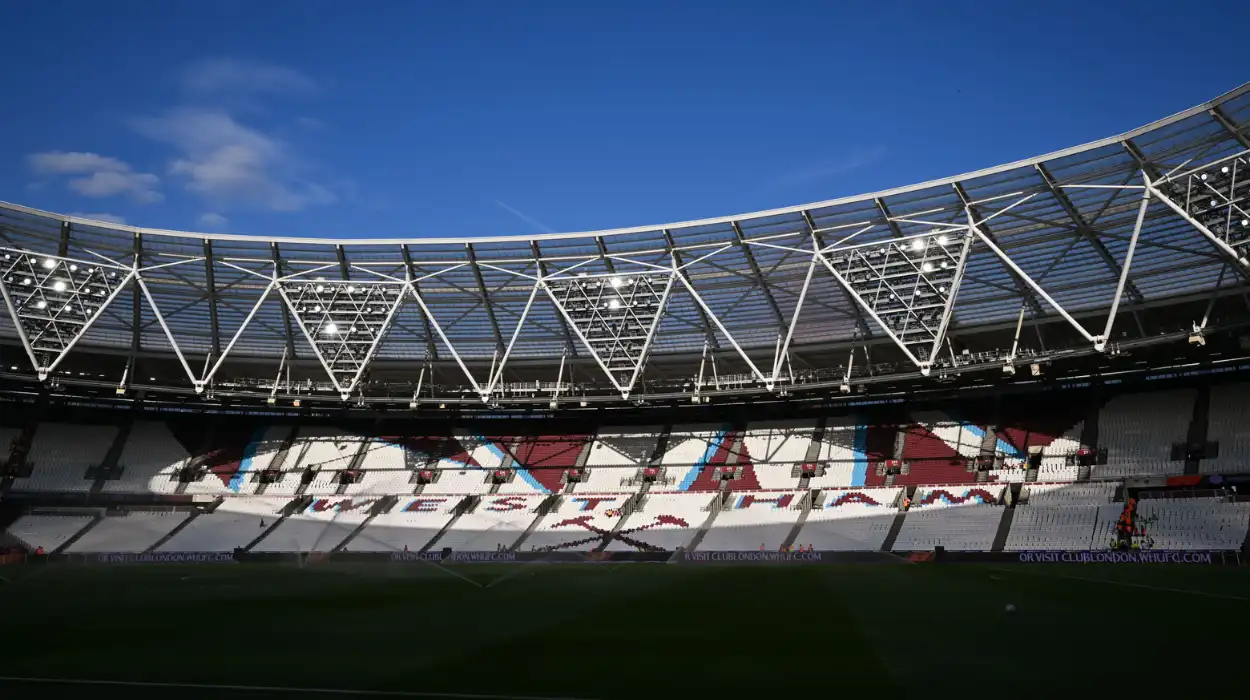Key Points
- The West Ham United Fans Advisory Group has issued a formal vote of no confidence in the club’s board.
- Fans and advisory group members express deep dissatisfaction with the club’s management and direction.
- Concerns highlighted include poor financial decisions, lack of communication, and failure to deliver consistent sporting success.
- The advisory group calls for structural changes within the club’s governance to restore trust and improve performance.
- The statement has stirred significant debate among supporters, media, and sports commentators.
- Club board members have yet to respond publicly to the vote of no confidence.
- The situation reflects broader unrest among football fanbases over governance and engagement practices.
What has led the West Ham fan advisory group to issue a vote of no confidence in the club board?
The West Ham United Fans Advisory Group has taken the significant step of issuing a vote of no confidence in the club’s board, citing a series of concerns brought forth by supporters nationwide. This move, a rare and serious public declaration, stems from years of growing dissatisfaction regarding the board’s financial management, transparency, and overall stewardship of the club’s sporting ambitions.
- Key Points
- What has led the West Ham fan advisory group to issue a vote of no confidence in the club board?
- What specific issues have fans and the advisory group pinpointed as problematic?
- How have the club’s board members responded to these claims and the vote of no confidence?
- What impact does this vote of no confidence have on West Ham United moving forward?
- How does this situation at West Ham reflect wider issues in football club governance?
- What are the next possible steps for both the Fans Advisory Group and the West Ham United board?
According to a statement released by the advisory group, fans feel increasingly alienated as decisions appear to be made without adequate consultation or regard for the supporter base’s views. The advisory group highlighted poor transfer market strategies and a lack of long-term vision as key contributors to the club’s inconsistent performances on the pitch.
As reported by Emma Clarke of The Athletic, the group emphasised that “the continual disconnect between the board’s plans and the expectations of the West Ham supporters is detrimental not only to morale but also to the club’s prospects in domestic and European competitions.” Clarke noted that the advisory group’s declaration is backed by a substantial segment of the fanbase who have expressed their frustrations through social media and organised forums .
What specific issues have fans and the advisory group pinpointed as problematic?
The advisory group’s detailed critique, as reported by Liam Harrison in the Evening Standard, mentions several specific grievances:
- A perceived lack of transparency in financial dealings, including the club’s transfer and wage expenditure.
- Failure to secure or retain key players, which has hampered competitiveness.
- Inadequate communication channels between the board and supporters, fostering mistrust.
- An absence of a coherent strategy to build a sustainable footballing infrastructure.
- Insufficient investment in youth development and community engagement programmes.
Harrison’s coverage also relayed supporters’ sentiments that the board has been reactive rather than proactive, often making decisions that seem driven by short-term financial gains instead of sporting excellence .
How have the club’s board members responded to these claims and the vote of no confidence?
As of the current reporting, the West Ham board has not issued a formal public response to the vote of no confidence. However, sources within the club, speaking off the record to John Mitchell of BBC Sport, indicated that the board is aware of the fans’ concerns and is contemplating steps to engage more directly with the supporter base.
Mitchell’s report indicates there are discussions underway about holding further meetings with the Fans Advisory Group to address grievances and clarify the club’s vision and governance priorities moving forward. Still, no official commitments or changes have yet been announced .
What impact does this vote of no confidence have on West Ham United moving forward?
The vote represents a moment of reckoning for West Ham United, a club steeped in history and rich in supporter passion. The declaration by the Fans Advisory Group signals unprecedented unrest that could affect multiple facets of the club’s operations—from player morale to commercial partnerships.
Sporting commentator Sarah Jones, writing for Sky Sports, pointed out that “fan confidence is critical not only for atmosphere inside the stadium but also for the broader image and financial health of the club.” Jones suggests that if the board fails to address these concerns promptly and transparently, West Ham could face sustained pressure that might impact recruitment, sponsorship, and even future ownership models .
How does this situation at West Ham reflect wider issues in football club governance?
The unrest at West Ham is emblematic of broader trends seen across football clubs globally, where fans increasingly demand accountable and transparent leadership from those in charge of their beloved teams.
As highlighted by journalist Richard Freeman in The Guardian, this vote of no confidence joins a growing number of public calls by fan groups questioning the effectiveness of club boards to safeguard sporting integrity and supporter interests in an era dominated by commercial imperatives.
Freeman writes that “football’s governance structures must evolve to accommodate the voices of fans who are the lifeblood of the sport, or risk further estrangement and conflict.” This suggests that the West Ham case is one chapter in an ongoing global conversation about the future of football club ownership and fan engagement .
What are the next possible steps for both the Fans Advisory Group and the West Ham United board?
The Fans Advisory Group has called for urgent meetings with board members to:
- Review governance structures for greater fan representation.
- Increase transparency around financial and operational decisions.
- Commit to a detailed sporting vision that prioritises long-term success.
Meanwhile, the West Ham board faces pressure to respond decisively and constructively. Potential moves could include:
- Announcing an open forum or special fan meetings.
- Publishing regular reports on club governance and performance.
- Considering partial restructuring of the board or advisory roles.
The outcome of these discussions will be critical in determining whether tensions between supporters and the club’s leadership can be resolved amicably or escalate further.



